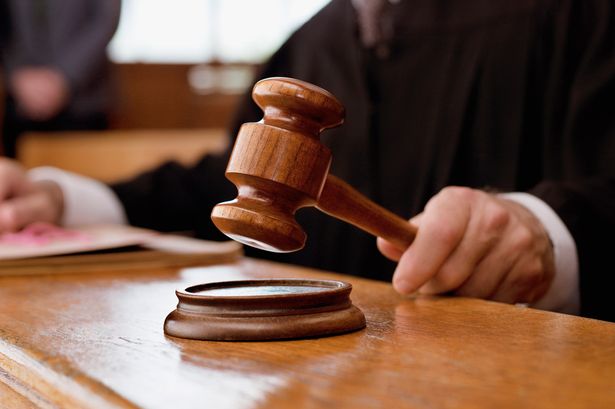This is a crosspost from 600Hemphill, which follows business litigation in the Texas Supreme Court.
 The Texas Supreme Court recently summarized the sometimes-confusing law about preservation of objections an an expert’s testimony:
The Texas Supreme Court recently summarized the sometimes-confusing law about preservation of objections an an expert’s testimony:
“Requiring an admissibility objection to the reliability of expert testimony gives the proponent a fair opportunity to cure any deficiencies and prevents trial and appeal by ambush. Thus, when an expert opinion ‘is admitted in evidence without objection, it may be considered probative evidence even if the basis of the opinion is unreliable.’ But conclusory or speculative opinion testimony is not relevant evidence because it does not make the existence of a material fact more or less probable. Evidence that lacks probative value will not support a jury finding even if admitted without objection. ‘Bare, baseless opinions will not support a judgment even if there is no objection to their admission in evidence.'”
Pike v. Texas EMC Management LLC, No. 17-0557 (June 19, 2020). While this quote eliminates the case citations in the original, the cited authorities provide further discussion of these principle and illustrate their applications in specific settings.









